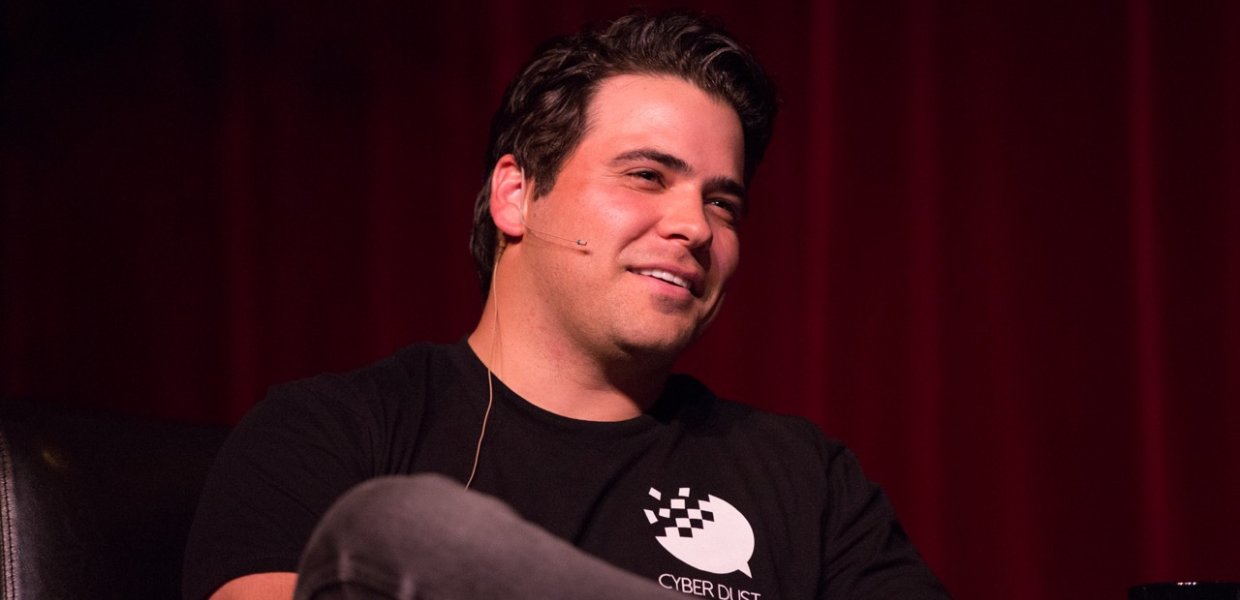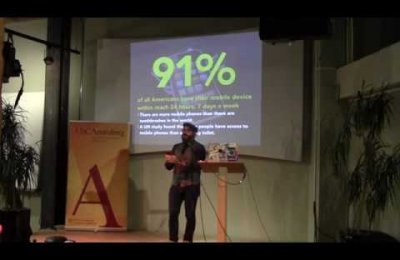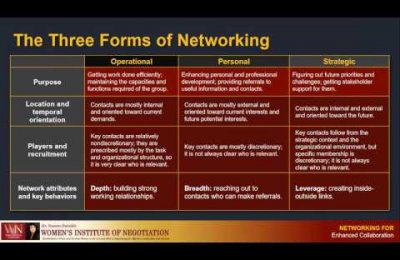With our ever-increasing use of social media and digital communication platforms, online privacy is nearly nonexistent.
Billionaire entrepreneur and “Shark Tank” celebrity Mark Cuban learned this lesson after his text messages and emails were obtained and used against him in an insider trading lawsuit from the U.S. Securities and Exchange Commission. Cuban, in turn, made his case by accusing the SEC of manipulating his messages and taking what he said out of context.
When he was cleared in 2013, he wanted to prevent this kind of behavior from happening again and find a way to take back control of private digital communication.
His first move was enlisting the help of USC Annenberg alum Ryan Ozonian. Ozonian graduated from USC Annenberg in 2009 with a Bachelor’s degree in communication. He also took classes at the Lloyd Greif Center for Entrepreneurial Studies through the USC Marshall School of Business. In 2010, Ozonian founded Mention Mobile, a social gaming app funded by Cuban.
For their latest venture, Ozonian and Cuban sought to build a communication platform where content could never be recovered after it was viewed.
“We wanted to make digital communication the same as a face to face conversation: Ephemeral and not recorded,” Ozonian said.
With that in mind, they came up with Cyber Dust.
Touted as “WhatsApp meets Snapchat,” the app allows users to send text messages and other content privately or to a list of followers. Messages disappear 100 seconds after they are viewed, or 24 hours after they go unviewed.
The names of Cyber Dust users never appear on the same page as the messages they send. If another user takes a screenshot of a conversation, the sender is notified and can’t be tied directly to the conversation.
Though Cyber Dust has been available in app stores for less than a year, it already has more than a million users interested in communicating without increasing their digital footprint.
Cyber Dust is often likened to Snapchat and other apps involving temporary communication, but the primary difference is that messages on Cyber Dust never make contact with a memory drive. The messages are highly encrypted. Once they are gone, they are gone for good. Not even the Cyber Dust team can recover old messages.
Ozonian also noted that Cyber Dust is targeting a different kind of user than Snapchat. While it can serve a number of purposes, the app encourages honest engagement between networking professionals more than selfies between friends.
“We have millions of business professionals and students coming out of college connecting and building relationships on the platform,” Ozonian said. “These relationships have turned into real businesses and new jobs for people.”
The app’s success also earned Ozonian a place on Forbes’ “30 under 30” list for consumer technology this year.
Ozonian attributes some of his success thus far to mentors like Cuban, who he described as “a true grinder,” as well as to his time at USC Annenberg where he learned look at communication in “a very progressive way.”
This mindset has helped the company both externally and internally. As Cyber Dust’s CEO, Ozonian manages a team of 25 people, all of whom are developing the app for various platforms.
“From conceptualizing, to development, to managing a business and driving growth, there are no easy solutions,” he said, adding that his best advice to burgeoning entrepreneurs is to question everything.
“Always ask why things have to work the way they do,” he said. “Once you identify real problems, you can come up with solutions to solve those problems.”








